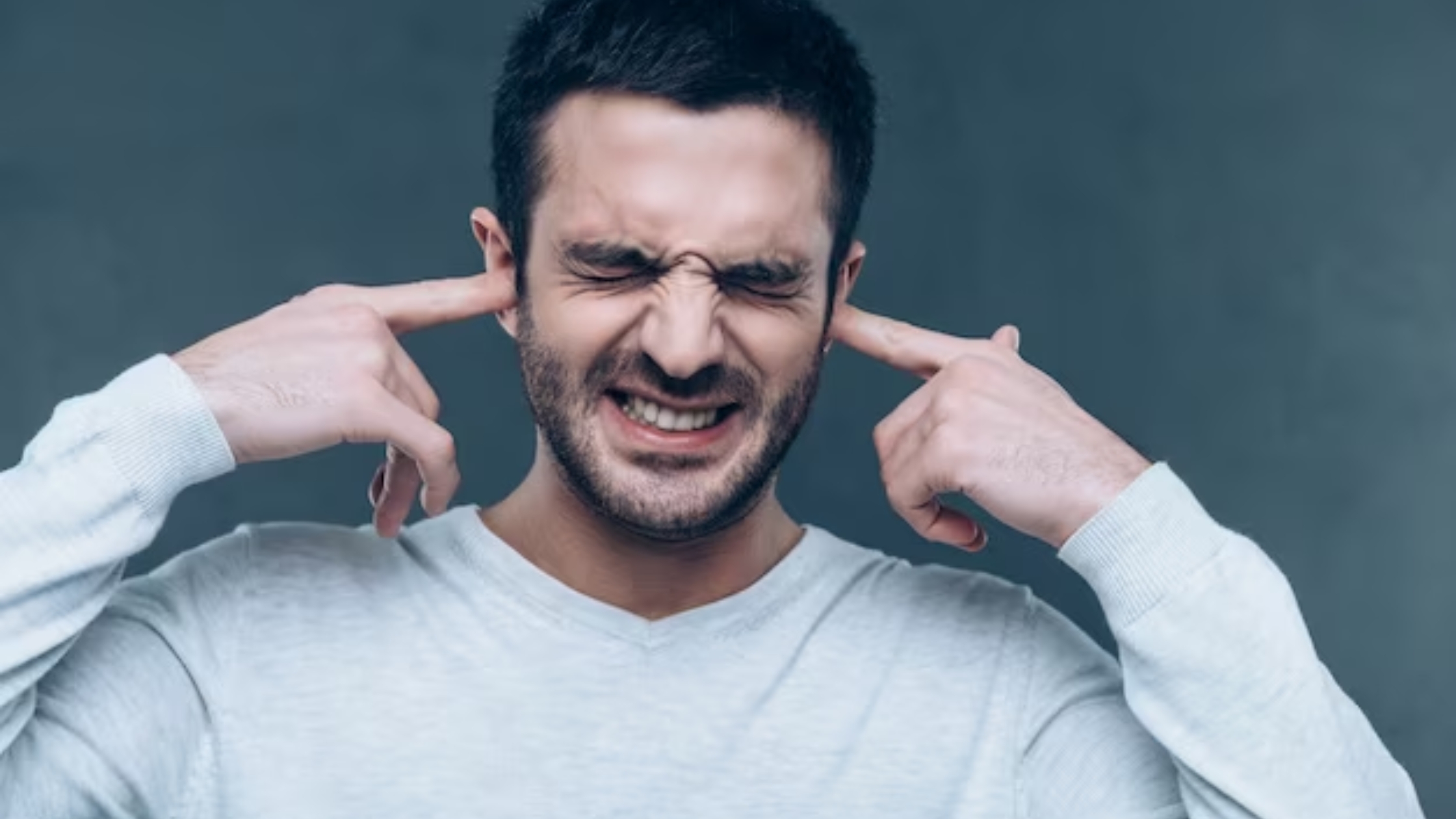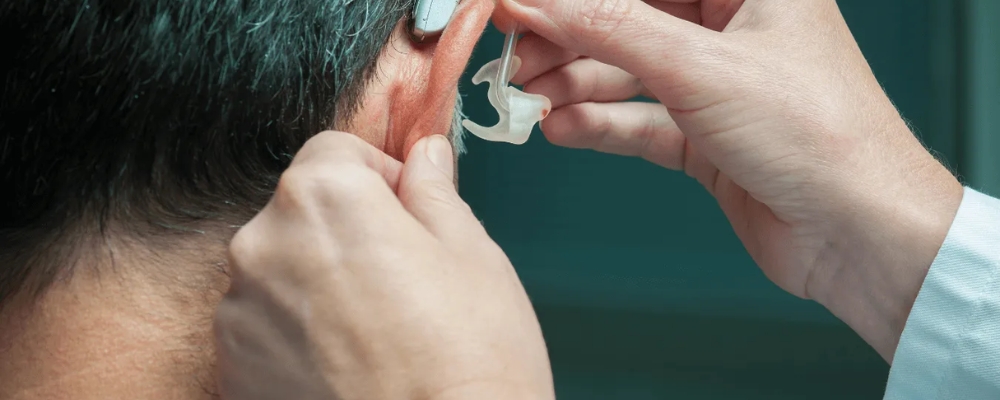

Introduction
Tinnitus, often described as a persistent ringing, buzzing, or hissing sound in the ears, affects millions of individuals worldwide. Tinnitus masking technology This phantom noise can significantly impact one’s quality of life, leading many to seek effective treatments to alleviate or manage their symptoms. Tinnitus Management In this blog post, we’ll delve into the diverse landscape of tinnitus treatments, exploring various strategies that individuals can consider in their quest for relief.
Understanding Tinnitus
Before we explore treatment options, it’s crucial to grasp the multifaceted nature of tinnitus. Hearing aids for tinnitus Tinnitus is not a standalone condition but rather a symptom of an underlying issue. Amplification for tinnitus It can be linked to various factors, including exposure to loud noises, age-related hearing loss, earwax blockage, and even certain medications.

Tinnitus Retraining Therapy
Tinnitus Retraining Therapy (TRT) is a therapeutic approach designed to help individuals habituate to the often intrusive sounds of tinnitus. Adaptive noise cancellation Developed by Dr. Pawel Jastreboff and Dr. Jonathan Hazell, TRT combines counseling and sound therapy to assist patients in changing their emotional and cognitive responses to tinnitus. Notch therapy for tinnitus The core principle of TRT is based on the neurophysiological model of tinnitus, asserting that the brain’s limbic and autonomic nervous systems play a crucial role in the perception of tinnitus. Binaural processing for tinnitus Through a structured program, individuals are guided to perceive tinnitus as a neutral sound, gradually reducing its emotional impact. Sound therapy, often delivered through wearable devices, assists in creating a background noise that makes the tinnitus less noticeable over time.

Sound Therapy
A therapeutic method called “sound therapy” makes use of outside noises to control and lessen the symptoms of ailments like tinnitus. Adjustment period for tinnitus relief For those who have continuous buzzing, ringing, or hissing sounds in their ears, sound therapy provides a non-invasive and frequently successful remedy. Gradual acclimatization to amplified sounds This method’s basic idea is to conceal or divert attention from the internal disturbance linked to tinnitus by adding outside noises, including white noise, ambient sounds from nature, or calming music. These outside noises produce a more harmonious auditory environment, which lessens tinnitus’s prominence and offers relief. Sound therapy integration A person’s experience with sound therapy can be tailored to their tastes using a variety of devices, such as smartphone apps, sound machines, or hearing aids.

Cognitive Behavioral Therapy
One treatment strategy that has shown promise in helping people manage the psychological and emotional effects of a variety of diseases, including tinnitus, is cognitive behavioral therapy, or CBT. White noise machines When it comes to managing tinnitus, cognitive behavioral therapy (CBT) attempts to deal with the negative thought patterns and emotional reactions people have to the recurring noises they hear. Dietary changes In order to assist patients develop a more flexible and optimistic outlook, therapists collaborate with them to recognize and question harmful tinnitus-related beliefs. Tinnitus and age-related hearing loss People can learn to reframe their thoughts of tinnitus and so lessen the worry, tension, and sadness that are often associated with it by engaging in cognitive restructuring and behavioral therapies. Medications for tinnitus By providing patients with useful coping mechanisms and relaxation methods, cognitive behavioral therapy (CBT) empowers individuals to actively manage the psychological effects of tinnitus and enhances their general quality of life.
Conclusion
The best tinnitus treatment is a personalized journey that requires patience and collaboration with healthcare professionals. Sensorineural hearing loss By combining various approaches and addressing the underlying causes, individuals can take significant steps toward managing and alleviating tinnitus symptoms. Safe listening practices It’s crucial to remember that what works for one person may not work for another, emphasizing the importance of a tailored and comprehensive approach to tinnitus treatment.